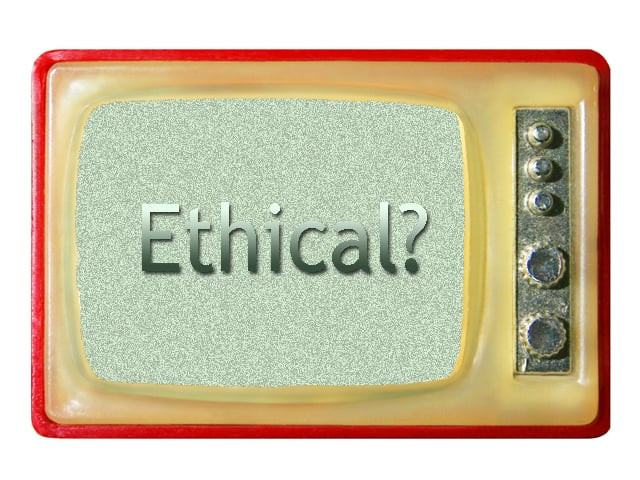Some introspection, please
The reliability of the news we hear and the integrity of those who present it is coming under serious scrutiny.

However, there is another more pressing matter at hand. The reliability of the news we hear and the integrity of those who present it is coming under serious scrutiny. There have been recent incidents, which testify to this. Well over 10 days after the news about the Kohistani jirga’s sentence first broke out, we still do not know how authentic the whole matter is nor have we learnt of the plight of all five women. Some months ago, the video of couples dating in parks made headlines and created quite a stir. It later transpired that the whole story was apparently nothing more than a hoax. The same can probably be said of many other cases. We simply do not know if what we are seeing on the screen, or even reading in print, is indeed the reality.
The situation must not be taken lightly. It needs to be assessed and analysed given the impact that the media has on setting patterns of thinking and establishing images of various institutions. It seems obvious that we need, at the very least, a code of conduct for the media and possibly tougher rules from the authorities concerned to penalise those who violate all norms of honesty. If this does not happen we will continue to be misled and misinformed.
Published In The Express Tribune, June 17th, 2012.














COMMENTS
Comments are moderated and generally will be posted if they are on-topic and not abusive.
For more information, please see our Comments FAQ